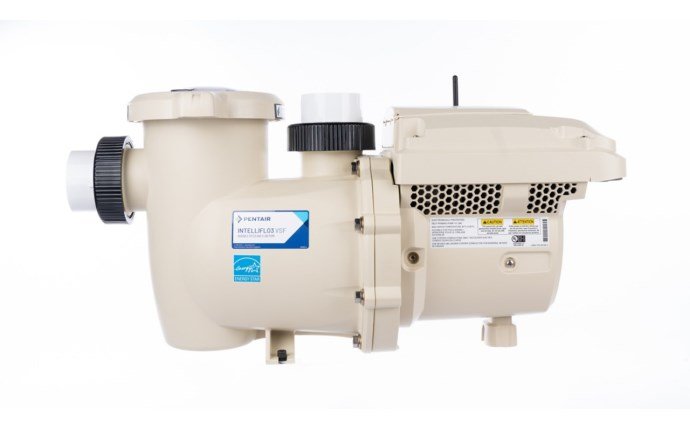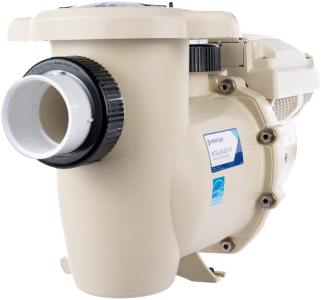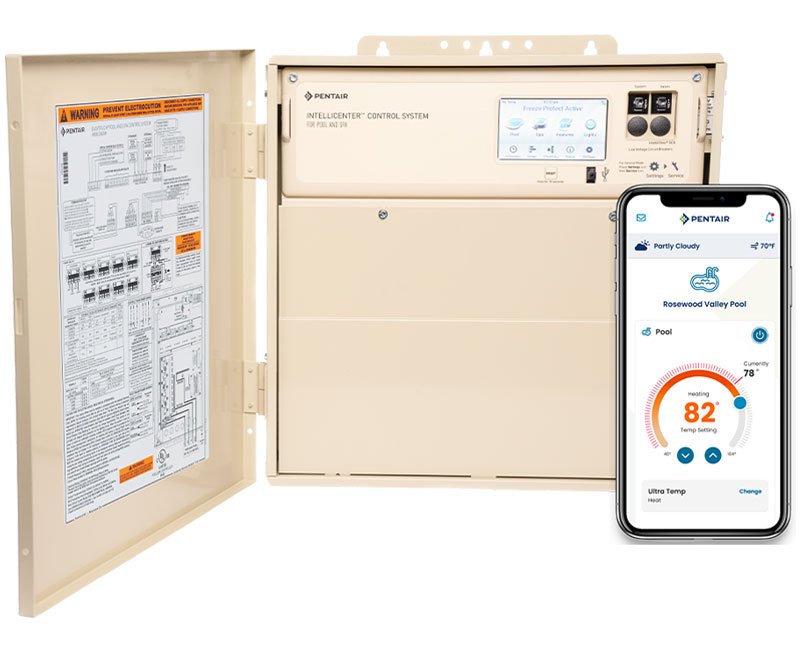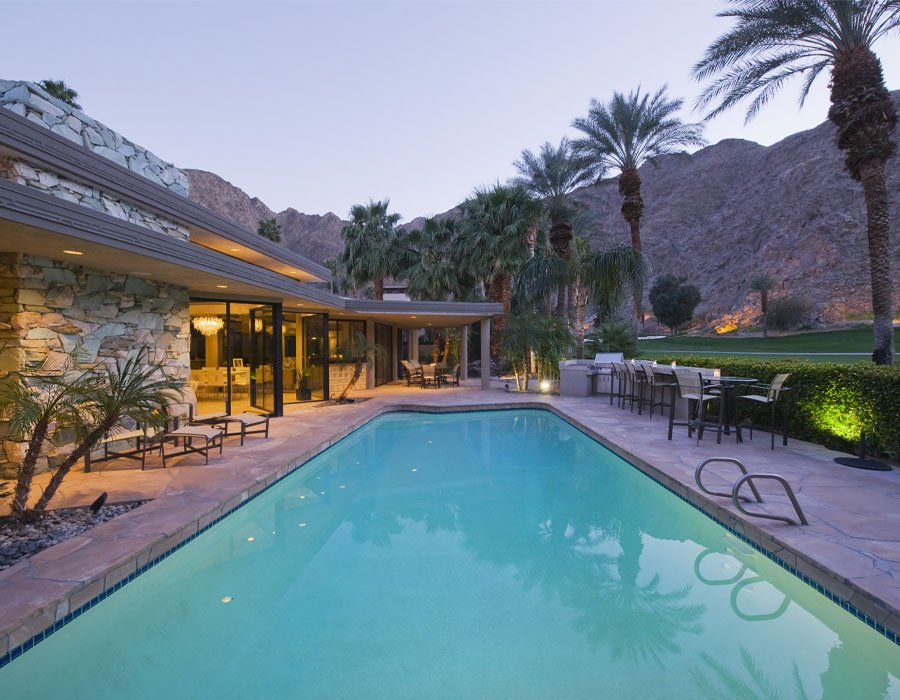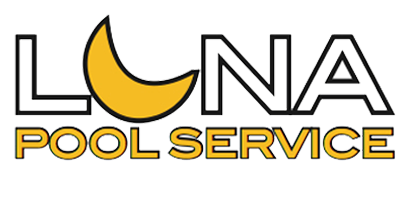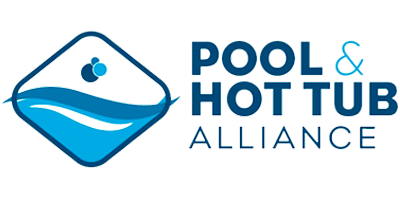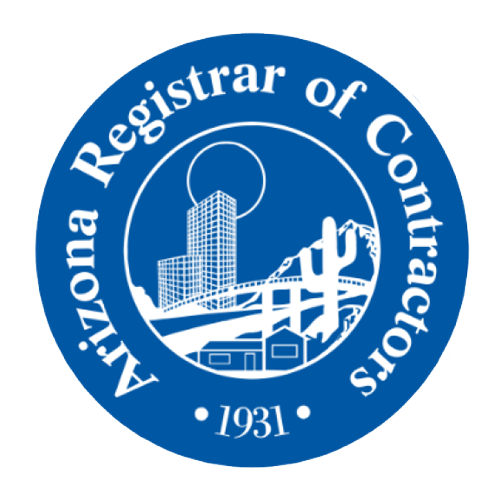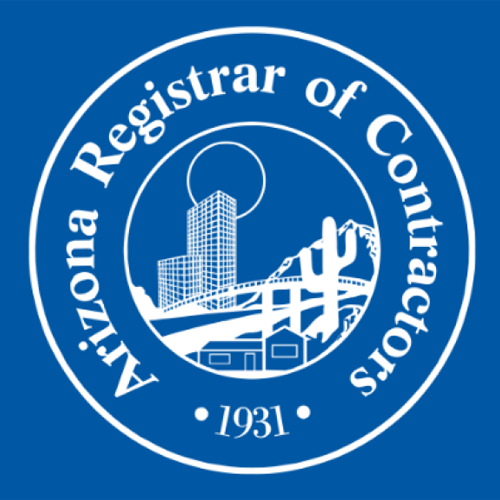Frequently Asked Questions
What are the benefits of automating my pool system?
The benefits of automating your pool system include enhanced convenience, improved energy efficiency, and reduced maintenance efforts. Automated systems allow for easy control of pool functions, saving you time and ensuring optimal performance year-round.
How does the installation process for pool automation work?
The installation process for pool automation involves an initial consultation to assess your pool's needs, followed by the installation of automated systems and components, ensuring seamless integration with existing equipment for optimal convenience and efficiency.
What types of automated pool equipment are available?
The types of automated pool equipment available include automated cleaners, chemical dispensers, pool heaters, and control systems. These devices enhance convenience, efficiency, and maintenance of your pool, making it easier to enjoy a pristine swimming environment.
What features enhance pool automation systems?
The features that enhance pool automation systems include remote control access, programmable schedules, energy-efficient pumps, automated cleaning systems, and integration with smart home technology, all of which provide convenience, efficiency, and improved pool maintenance.
How can I maintain my automated pool equipment?
Maintaining your automated pool equipment involves regular cleaning, checking for debris, and ensuring all connections are secure. Additionally, schedule professional inspections and updates to keep your system running efficiently and effectively.
What costs are associated with pool automation?
The costs associated with pool automation include initial installation fees, equipment purchases, and potential upgrades or repairs. Additionally, ongoing maintenance and energy savings can impact long-term expenses, making it a worthwhile investment for enhanced convenience and efficiency.
Which brands offer the best pool automation?
The brands that offer the best pool automation include Pentair, Hayward, and Jandy. These companies are renowned for their innovative technology, reliability, and user-friendly systems, making them top choices for automated pool solutions.
How does pool automation improve energy efficiency?
Pool automation improves energy efficiency by optimizing the operation of pool equipment, such as pumps and heaters, ensuring they run only when needed. This reduces energy consumption, lowers utility bills, and extends the lifespan of your pool systems.
Can I upgrade my existing pool system to automation?
Upgrading your existing pool system to automation is possible. Our team at Luna Pool Service can assess your current setup and provide tailored solutions to integrate automation features, enhancing convenience and efficiency for your pool management.
What is the typical installation time for pool automation?
The typical installation time for pool automation is generally between one to three days, depending on the complexity of the system and any additional features being integrated.
How do automated pool systems save time?
Automated pool systems save time by streamlining maintenance tasks, such as cleaning, chemical balancing, and heating, allowing homeowners to enjoy their pools without the hassle of manual upkeep. This efficiency frees up valuable time for leisure and relaxation.
What safety features are included in pool automation?
The safety features included in pool automation are designed to enhance security and prevent accidents. These may include automatic pool covers, safety alarms, and remote monitoring systems that ensure safe access and alert users to any potential hazards.
How does weather affect automated pool systems?
Weather significantly impacts automated pool systems by influencing water temperature, chemical balance, and system performance. Extreme temperatures and heavy rain can affect sensors and automation functions, necessitating regular maintenance to ensure optimal operation.
Can I control my pool remotely?
You can control your pool remotely. With our advanced pool automation systems, you can manage features like heating, lighting, and filtration from your smartphone or tablet, providing you with convenience and peace of mind wherever you are.
What are common issues with automated pool systems?
Common issues with automated pool systems include connectivity problems, sensor malfunctions, and software glitches. Additionally, improper installation or outdated equipment can lead to inefficiencies, impacting the overall performance of the pool automation system.
How do I choose the right automation system?
Choosing the right automation system involves assessing your specific pool needs, evaluating features like ease of use and compatibility with existing equipment, and considering energy efficiency. Consulting with experts can help ensure you make an informed decision.
What is the warranty on pool automation equipment?
The warranty on pool automation equipment typically varies by manufacturer but generally ranges from one to three years. It's important to check specific warranty details for the brands we offer, like Pentair, Hayward, and Jandy.
How does automation impact pool maintenance schedules?
Automation significantly influences pool maintenance schedules by streamlining routine tasks such as cleaning, chemical balancing, and water circulation. This reduces manual effort and allows for more efficient, timely maintenance, ultimately enhancing the pool's overall health and longevity.
Are there smart pool automation options available?
Smart pool automation options are indeed available. Luna Pool Service offers advanced systems that allow you to control your pool's functions remotely, enhancing convenience and efficiency in managing your pool.
What is the best way to troubleshoot automation problems?
The best way to troubleshoot automation problems is to systematically check the system's connections, review error codes, and consult the user manual for guidance. If issues persist, consider reaching out to a professional for assistance.
How do automated systems handle water chemistry?
Automated systems manage water chemistry by continuously monitoring pH levels, chlorine, and other chemical balances. They adjust chemical dosing automatically, ensuring optimal water quality and reducing the need for manual testing and adjustments.
What installation services do pool automation companies offer?
Pool automation companies offer installation services that include setting up automated control systems, integrating smart technology for pool features, and ensuring compatibility with existing equipment. These services enhance convenience and efficiency for pool owners.
How can automation enhance pool safety features?
Automation enhances pool safety features by allowing for remote monitoring and control of pool systems, ensuring that safety measures like pool covers and alarms are engaged when not in use, ultimately reducing the risk of accidents.
What are the latest trends in pool automation technology?
The latest trends in pool automation technology include advanced smart controls, energy-efficient systems, and integration with mobile apps for remote management, enhancing convenience and efficiency for pool owners.
How does pool automation affect property value?
Pool automation positively affects property value by enhancing convenience, energy efficiency, and overall appeal. Homebuyers often prioritize automated features, making properties with such systems more attractive and potentially increasing resale value.
Can I integrate automation with existing pool features?
Integrating automation with existing pool features is possible. Our team can assess your current setup and seamlessly incorporate automation systems to enhance your pool's functionality and efficiency.
What are the environmental benefits of pool automation?
The environmental benefits of pool automation include reduced energy consumption, optimized chemical usage, and enhanced water conservation. Automated systems ensure efficient operation, lowering the overall impact on the environment while maintaining a clean and healthy pool.
How do I program my automated pool system?
Programming your automated pool system involves accessing the control panel, selecting your desired settings for filtration, heating, and cleaning schedules, and saving those preferences. Consult your system's manual for specific instructions tailored to your model.
What maintenance is required for automated systems?
The maintenance required for automated systems includes regular checks of the control panel, ensuring sensors are clean, and verifying that all components are functioning properly. Additionally, software updates and occasional professional servicing help maintain optimal performance.
How can I get a quote for pool automation?
Getting a quote for pool automation is simple. You can request a free quote by contacting Luna Pool Service directly through our website or by calling us. We'll assess your needs and provide you with a tailored estimate.
